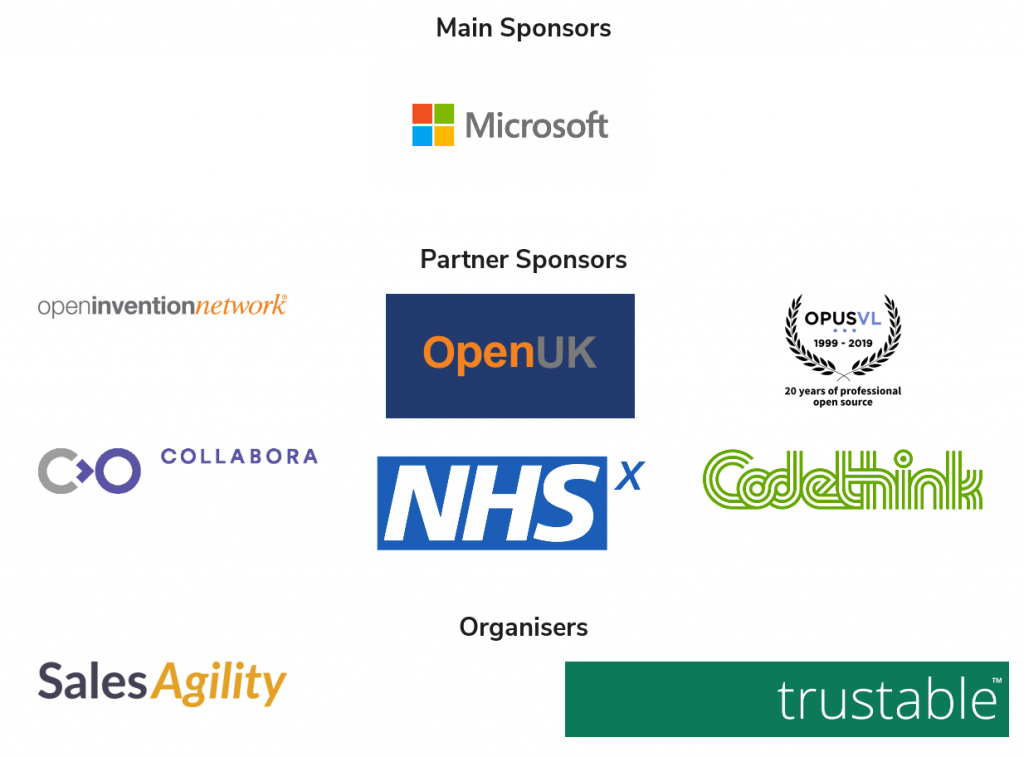Facebook is a business selling very targeted advertising channels. This is not new, Royal Mail Advertising Mail service offers ‘precision targeting’. But Facebook does it with many more precision options, with emotive impact because it uses video and feels like it comes from your friends and the option of anonymity. This turns out to be most effective in political advertising. There are laws banning political advertising on television because politics should be about reasoned arguments not emotive simplistic soundbites but the law has yet to be changed to include this ban on video on the internet. The result has undermined the democracy of the UK during the EU referendum and elsewhere.
To do this Facebook collects data and information on you. Normally this isn’t a problem but you never know when journalists will come sniffing around for gossip in your past life, or an ex-partner will want to take something out of context to prove a point in diverse proceedings. The commonly used example of data collection going wrong was the Dutch government keeping a list of who was Jewish, with terrible consequences when the Nazis invaded. We do not have a fascist government here but you can never assume it will never happen. Facebook has been shown to care little for data protection and allowed companies such as Cambridge Analytica to steal data illegally and without oversight. Again this was used to undermine democracy using the 2016 EU referendum.
In return we get a useful way to keep in touch with friends and family and have discussions with groups and chat with people, these are useful services. So what can you do if you don’t want your history to be kept by an untrusted third party? Delete your account and you’ll miss out on important social interactions. Well there’s an easy option that nobody seems to have picked up on which is to open a new account and move your important content over but dropping your history.
Thanks to the EU legislation GDPR we have a Right to Data Portability. This is similar but separate from the Right to Access. And it means it’s easy enough to extract your data out of Facebook. I downloaded mine and it’s a whopping 4GB of text and photos and Video. I then set up a new account and started triaging anything I wanted to keep. What’s in my history?
Your Posts and Other People’s Posts to Your Timeline
These are all ephemeral. You post them, get some reaction, but they’re not very interesting a week or more later. Especially all the automated ones Spotify sent saying what music I was playing.
Photos and videos
Here’s a big chunk. Over 1500, some 2GB of pics, mostly of me looking awesome paddling. I copied any I want to keep over to easy photo dump Google Photos. There was about 250 I wanted to keep.
Comments
I’ve really no desire to keep these.
Likes and reactions
Similarly ephemeral.
Friends
This can be copied over easily to a new account, you just friend your old account and then it’ll suggest all your old friends. A Facebook friend is not the same as a real life friend so it’s sensible to triage out anyone you don’t have contact with and don’t find interesting to get updates from.
You can’t see people who have unfriended you, probably for the best.
Stories
Facebook’s other way to post pics to try to be cool with the Snapchat generation. Their very nature is that they don’t stay around long so nothing important here.
Following and followers
This does include some people who have ignored a friend request but still have their feed public so that request gets turned into a follow. Nobody who I deperately crave to be my friend is on the list fortunately so they can be ignored.
Messages
Despite removing the Facebook branding from their messaging service a few years ago it’s still very much part of Facebook. Another nearly 2GB of text and pics in here. This is the kind of history that is well worth removing, who knows when those chats will come back to haunt you. Some more pics here worth saving but not many since any I value for more than a passing comment are posted on my feed. There’s a handful of longer term group chats I can just add my new account back into.
Groups
One group I run and a few I use frequently, I can just rejoin them and set myself as admin on the one I run.
Events
Past events are obviously not important. I had 1 future event I can easily rejoin.
Profile information
It’s worth having a triage and review of this to keep it current and not let Facebook know more than you want it to.
Pages
Some pages I’m admin or moderator of than I can rejoin, where moderator you need to track down an admin person to add you back in.
Marketplace, Payment history, Saved items and collections, Your places
I’ve never found a use for these features.
Apps and websites
It’s handy to use Facebook as a single sign on for websites sometimes but it’s worth reviewing and triaging these to stop them taking excess data without you knowing. The main one I used was Spotify but it turns out that has long since been turned into a non-Facebook account so no bother wiping all these.
Other activity
Anyone remember pokes?
What Facebook Decides about me
Facebook gives you labels to give to advertisers. Seems I’m interested in Swahili language, Sweetwater in Texas, Secret Intelligence Service and other curiosities.
Search history
I can’t think of any good reason why I’d want Facebook to know about 8 years of searches.
Location history
Holy guacamole, they keep my location each and every day since I got a smartphone. That’s going to be wiped.
Calls and messages
Fortunately they haven’t been taking these from my phone history but I’m sure it’s only one setting away before they do.
Friend Peer Group
They say I have ‘Established Adult Life’. I think this means I’m done.
Your address books
They did however keep all my contacts from GMail and my phone whenever I first logged on from a web browser and phone. They can be gone.
So most of this can be dropped and recreated quite easily. It’s a fun evening going through your old photos. My 4GB of data is kept in a cloud drive which can be accessed through details in my will so if I die and my autobiographer wants to dig the gossip on me they can.
I also removed the app from my phone. The messenger app is useful but the Facebook one seems a distraction, if I want to browse and post Facebook stuff I can use the web browser. And on a desktop computer I can use https://www.messenger.com/ rater than the distraction of the Facebook website.
And the first thing I posted? Going cabogganing!
New account at https://www.facebook.com/jonathan.riddell.737 do re-friend me if you like.





